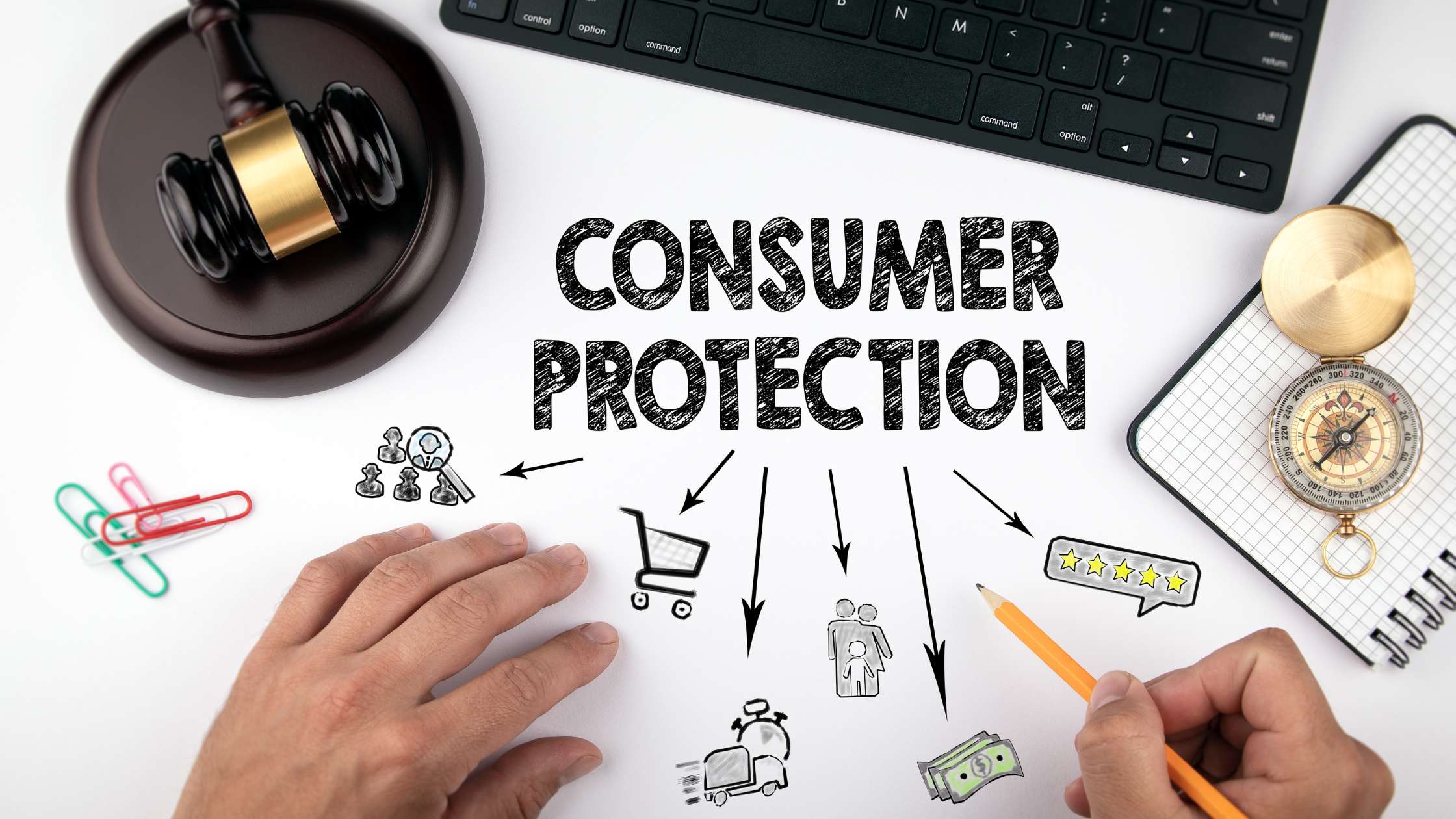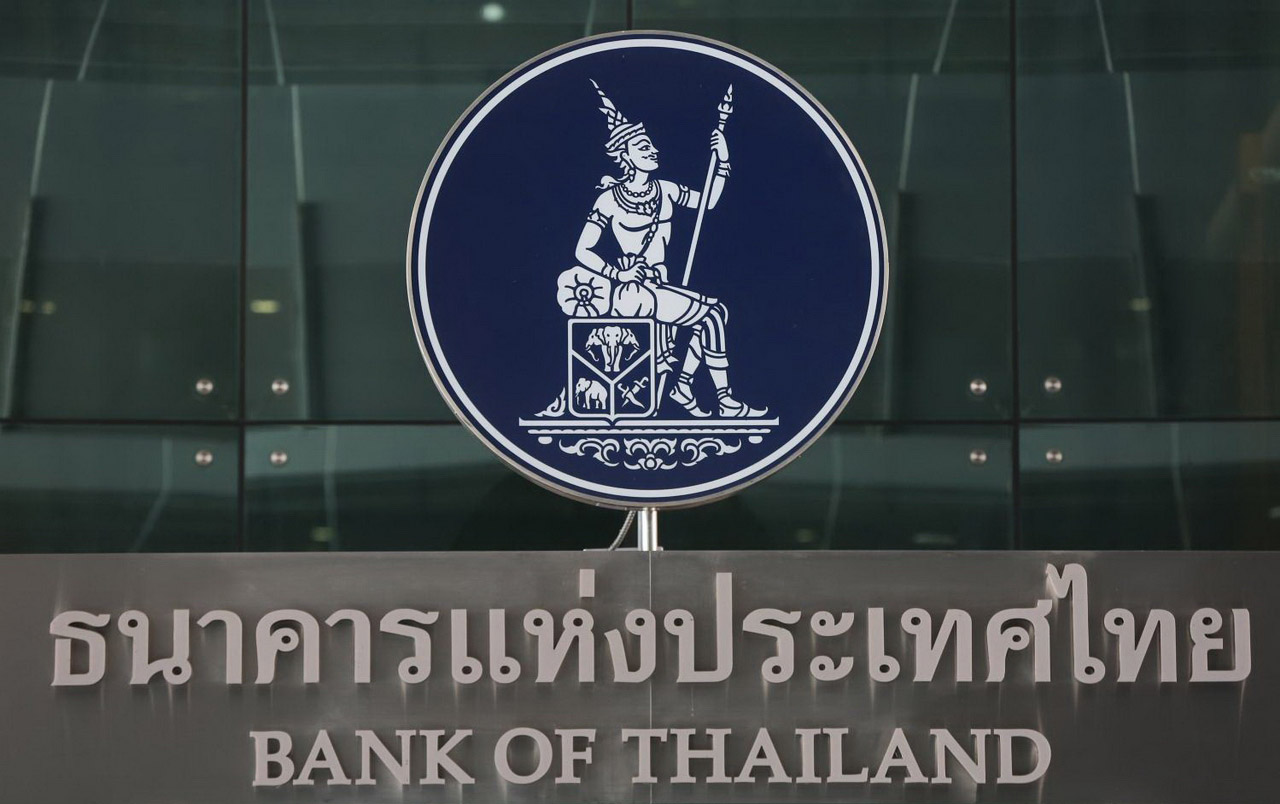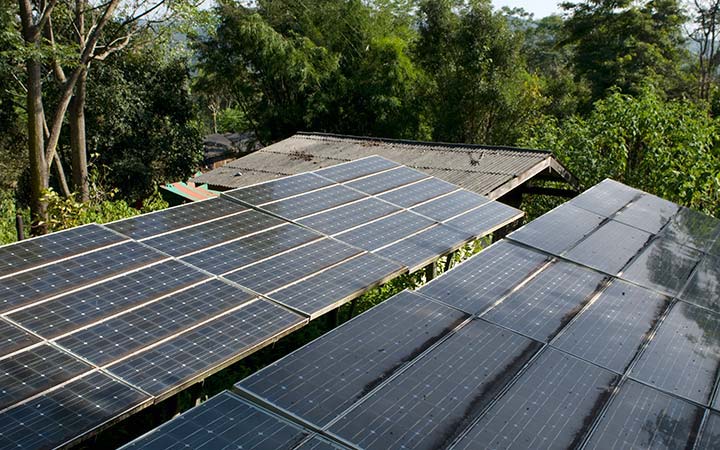Background
Value added tax (VAT) is an indirect, non-cumulative, consumption tax levied on the supply of goods or provision of services in Thailand on “VAT operators” – retailers, wholesalers, manufacturers, importers, producers and others supplying goods and services, unless otherwise exempted by the Revenue Code. VAT was introduced in Thailand on 1 January 1992 as a replacement for the business tax.
VAT is calculated on the total price of goods delivered or services provided, with a provision of services considered to have been made in Thailand if the service is performed in-country, regardless of where the service is used – or if the service is performed abroad but is used in Thailand. So, an operator charges VAT on the sale of goods or the provision of services to the consumer (Output Tax). The VAT paid by the operator(s) for the purchase of goods or services (Input Tax) is then deducted, and the balance remitted to the Thai Revenue Department. This means that tax will accrue at each stage, only on the value added to the goods or services at that stage. Under the VAT system, as it is applied in Thailand, the tax will ultimately be borne by the consumer.
Certain businesses are excluded from VAT but may instead be liable for a specific business tax. Further, Section 80 of the Revenue Code states that the standard rate of VAT is 10%, but government has the power to reduce the rate, and the actual rate of VAT imposed currently on each transaction is 7%.
The Amendment
On 15 August 2017, the Cabinet approved, in principle, the draft Royal Decree issued pursuant to the Revenue Code governing Reduction of Value Added Tax (No…), B.E…. as proposed by the Ministry of Finance, which will be submitted to the Council of the State for urgent consideration for future action.
The Essence of the Royal Decree is as follows:
- Revocation of the NCPO (National Council for Peace and Order) order no. 65/2559 re: reduction of VAT rates dated 1 November 2016;
- Reduction of VAT rates under Section 80 of the Revenue Code and collection of VAT as follows:
- 6.3% for sale of goods, service or all imports which are subject to VAT during 1 October 2017 and 30 September 2018;
- 9% for sale of goods, service or all imports which are subject to VAT from 1 October 2018 onwards.
Although 6.3% is the reduced VAT rate under the Revenue Code, the total rate payable is 7%. It is composed of two components: the standard 6.3% VAT and the municipal tax of 0.7%1. The total rate of 7% is levied collectively by the Revenue Department.
Note
We should keep in mind that this amendment is nothing new. From the year 1992, royal decrees such as this have been renewed on a yearly basis.
Because the purpose of recent adjustments has been to lower the cost of living for the general public, readjusting VAT to the rate originally prescribed by the Revenue Code might not be in the public’s best interest.
One can expect that before the end of the first part of the extended period (30 September 2018), the government will renew the decree or issue a new one with the same content. No revocation of this measure is to be expected in the short-term, although the National Legislative Assembly tried to propose an increase of VAT to 8%.
- According to the Act on Administration of Value-Added Tax and Specific Business Tax for Local Administration B.E.2534 (1991) and the Municipal Income Act (No.3) B.E. 2534 (1991)
This publication is intended to highlight an overview of key issues for ease of understanding, and not for the provision of legal advice. If you have any questions about this publication, please contact your regular contact persons at Mori Hamada & Matsumoto or Chandler MHM Limited, or any of the Key Contacts listed to the right.
























































 Chandler MHM Limited
Chandler MHM Limited Jessada Sawatdipong
Jessada Sawatdipong







